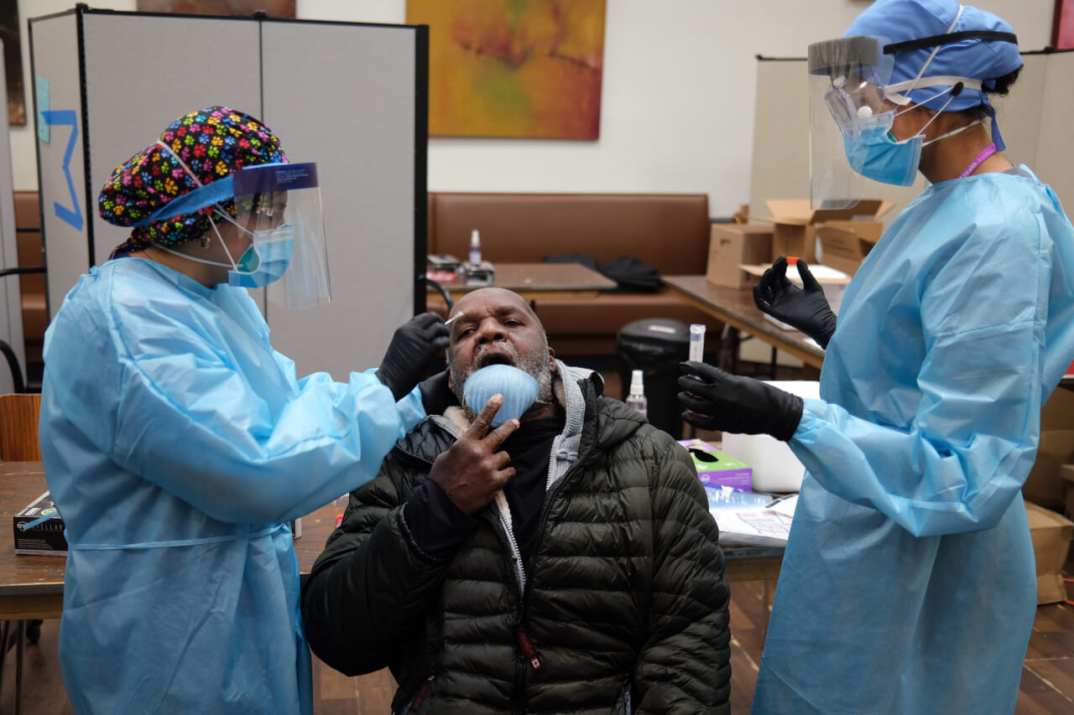U.S. coronavirus death toll exceeds 120,000 Americans
Reports share that the virus has killed over half a million around the world
There have been over 8.5 million confirmed cases of COVID-19 in the world. The virus has killed nearly half a million people around the globe.

There have been over 8.5 million confirmed cases of COVID-19 in the world. The virus has killed nearly half a million people around the globe. Here in the United States, the virus has taken the lives of over 120,000 Americans.
Some states are seeing increases including Arizona, Florida, South Carolina, and Oklahoma. While other states which were once hotspots are seeing declines. Michigan, New York, and New Jersey are all “on track” to contain the virus.
READ MORE: DL Hughley tests positive for COVID-19 after collapsing at comedy club
National Geographic maintains a running tally organized by the state which is updated daily. They note that new cases are beginning to decline in hard-hit areas such as New York City. But the steady overall tally for the nation means spikes are occurring elsewhere.
In Chicago, researchers have identified a unique strain of coronavirus.

A nurse administers a coronavirus test. (Photo by Lisa Maree Williams/Getty Images)
According to NBCChicago, researchers at Northwestern University have identified a strain of the virus that appears to be directly linked from the early outbreak in China.
In a statement, the university explains that genetic differences in the virus could impact the way that vaccines are created and deployed. Dr. Egon Ozer explained that these differences in strains could also account for the differences in symptoms. “This is the first clear evidence that genetic differences in the viruses are associated with differences in the characteristics of the infections that they cause.”
READ MORE: Trump and Fauci spar over NFL return as more athletes test positive for COVID-19
Dr. Ozer said that the fact that Chicago is an international hub could account for the type of strain that struck the city. The state of Illinois has suffered more than 6,000 deaths.
Michael Osterholm, director of the Center for Infectious Disease Research and Policy at the University of Minnesota told NBC’s Meet the Press that the virus may not ease over the summer and fall. “Right now, I don’t see this slowing down through the summer or into the fall,” Osterholm said, “I don’t think we’re going to see one, two, and three waves. I think we’re just going to see one very, very difficult forest fire of cases.”
Have you subscribed to theGrio’s new podcast “Dear Culture”? Download our newest episodes now!
